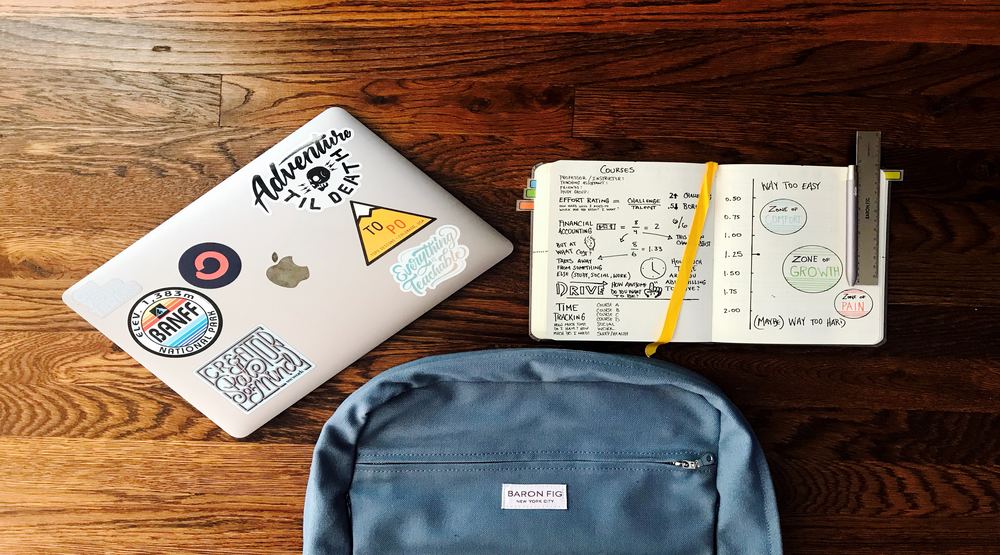Recognize an adjective clause when you see one. An adjective clause—also called an adjectival or relative clause—will meet three requirements: • First, it will contain a subject and verb. • Next, it will begin with a relative pronoun [who, whom, whose, that, or which] or a relative adverb [when, where, or why]. • Finally, it…
Más informaciónEs importante que antes de comenzar con la gramática del inglés, tengas los conocimientos de las reglas que gobiernan este lenguaje para expresarte claramente. Recuerda que sin reglas es imposible comunicarse correctamente con otras personas. Te recordamos no traducir el vocabulario de la oración. Trata de entender las palabras o los nombres tal cual son…
Más informaciónLos adjetivos son palabras que nos permiten calificar, describir y modificar a un sustantivo determinado o a un sintagma nominal. En inglés también los hay, pero su uso es muy particular (si lo comparamos con el español). A diferencia de nuestro lenguaje en donde el adjetivo se coloca después del sustantivo al que modifica, en…
Más informaciónPhrasal verbs are not students’ favorite topic. Anyway, there are so many in the English language and each one has many different meanings. These will improve not only your written communication, but also your ability to understand conversations. Native speakers use phrasal verbs all the time in conversation. Most of these phrasal verbs have several…
Más información¡No teman! Aquí les aclararemos cómo se usa. Se usa “the” cuando hablamos de lo siguiente: #1 Números cardinales: The first, The second , The third. Sarah was the first to finish her test. #2 Países o lugares: The United States, The Park, The Store, The United Kingdom. The United States is very big and has…
Más informaciónEstas dos palabras resultan ser un poco confusas en ocasiones. Incluso para hablantes nativos. En este artículo se denotará la diferencia entre DO y MAKE; cuándo se deben ocupar y algunos ejemplos para comprender su uso. Debemos saber que en ambos casos la traducción o significado común es: “HACER” “DO” Se debe de usar DO…
Más informaciónA phrasal verb is a combination of a verb with a preposition or it could also be a combination of a verb and an adverb. When this combination occurs the meaning of the word changes completely. Therefore, it is important to know the meaning to use them correctly when we are speaking. Let’s see some…
Más informaciónWhy are English Binomials great? They help you sound more natural in English. You can express yourself easier with only three words. TheY help you stop from repeting the same phrases over and over again. BINOMIALS THAT MEAN BAD THINGS So there are a lot more positive binomials in English than negative ones. Safe and…
Más información







